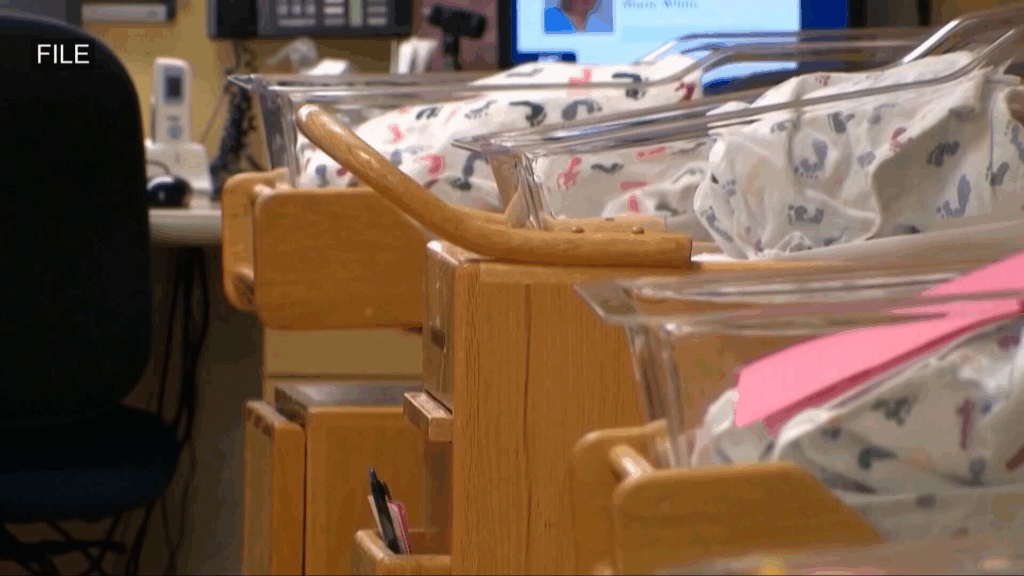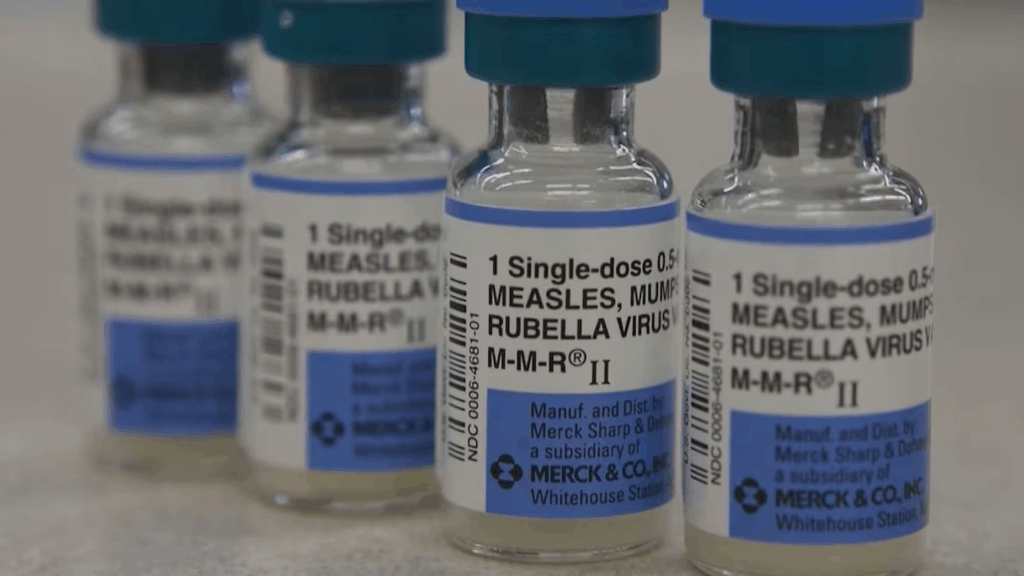With files from CTV’s Jacqueline Wilson and The Canadian Press.
![]() Source CTV News
Source CTV News


Measles is preventable. After a baby died of measles this week, The Alberta Medical Association is encouraging Albertans to get vaccinated in order to prevent more deaths and hospitalizations. Jacqueline Wilson reports. CTV News
By Stephen Hunt, CTV News October 04, 2025
The new president of the Alberta Medical Association (AMA) shared some sharp criticisms on social media Friday of the way the province has managed the measles outbreak.
Alberta doctors said the death of a baby born prematurely due to measles was a “stark” reminder that the ongoing measles outbreak in Alberta was preventable while Alberta premier Danielle Smith defended her government’s management of the situation.
Dr. Brian Wirzba, the new AMA president, which represents doctors, said they were deeply saddened to learn of the death, and they know “the family is heartbroken.”
The province’s first recorded measles death this year came after the mother of the baby contracted the disease while pregnant.
It’s the second in Canada this year.
Wirzba said the province’s vaccination rates remain too low, and as a result, the outbreak continues longer than it should.
“Measles is a serious and highly contagious disease,” he said, in a posting on X. “It poses the greatest threat to pregnant people and children under five.”
“If you were born after 1970 and have not received two doses of the measles vaccine or are thinking of getting pregnant, we urge you to get vaccinated. By doing so, you protect not only yourself but also those around you who are most vulnerable.”
Wirzba said in a Saturday interview with CTV News that the key to preventing the spread was for those who are less vulnerable to make sure they get vaccinated.
“it is important for everybody else who is a candidate to have the vaccination,” he said. “We need very high rates of vaccination to prevent spread across the province.”
“We understand that misinformation and disinformation are contributing to vaccine hesitancy, and that many people are being actively targeted with false claims.”

CTV News
He said misinformation and disinformation often comes from a lack of context.
“There’s always discussion about potential side effects from vaccinations, and we do know that vaccinations have potential for side effects,” he said. “Most of them are, fortunately, very mild, like soreness at the site of injection or a temporary fever — those types of minor symptoms that usually don’t cause long term issues.
“There are very, very rare long term side effects,” he added, “but it’s important to always put that into the context of what we’re trying to prevent.”
| ‘The messaging works’ |
On her Saturday morning radio show, Your Province, Your Premier, Smith said her government is promoting vaccination.
“We spent $700,000 encouraging people to get vaccinated,” she said. “We’re going to do even more advertising in the fall because… they don’t recommend giving a shot to a pregnant woman — so if you’re contemplating getting pregnant and vaccinated, the time to do it would be in that planning stage.
“It’s a tragedy,” she said, of the measles death. “It’s a very dangerous virus, that’s why we make it (the measles vaccine) available.”
Smith said vaccination rates are rising.
“We have actually have very high vaccination rates,” she said “and make that information (publicly) available as well — you can go to “Alberta measles” on Google and look at what the statistics are.
“In fact we saw it — with all of our advertising — a 52 per cent year over year increase in the the number of people getting vaccinated so advertising works.
“The messaging works,” she added. “It’s an absolute tragedy when those things occur, which is why I think people need to assess their own level of risk and go to a public health clinic and get the immunization if they haven’t already.”
Wirzba acknowledged there has been some impact from provincial messaging.
“There has been some messaging when we have serious outbreaks like this,” he said, “we know our vaccination rates are as low as they are, (so) all I can say is that we need more (messaging).”
As of Friday, 1,917 measles cases have been reported by the province on its website this year, with three of those cases currently active and communicable.
The U.S. Centers for Disease Control and Prevention reports on its website that, as of Tuesday, there have been a total of 1,544 confirmed measles cases in that country.
| Vaccination rates |
Wirzba said vaccination rates for people born from the 1970s through the 1990s are pretty strong, but have waned for people born in the 2000s — and he urged parents to have their children vaccinated.
“We do know that in children under 10, that rate is significantly lower than it should be,” he said. “There’s a lot of vaccine hesitancy coming back to your previous question and I truly believe that every parent wants the best for their kids.
“They’re not choosing not to vaccinate because they’re negligent,” he said. “There is just this disinformation, misinformation that’s out there (that) makes them scared.
“They’re trying to do the best for their kids,” he added. “One of the things that I think the province needs to do more of is try to address this disinformation, misinformation challenge that we’re facing — and so having vaccinations readily available, promoting them at schools and other locations is important.”
He said for highly contagious viruses such as measles, the vaccination rate would ideally be around 95 per cent.
Opposition NDP health critic Sarah Hoffman has called on the United Conservative government to do more, including increasing access to the vaccine and giving front-line health workers the resources they need to do so.
With files from CTV’s Jacqueline Wilson and The Canadian Press.
![]() Source CTV News
Source CTV News
Copyright © 2025 Braceworks and cited sources